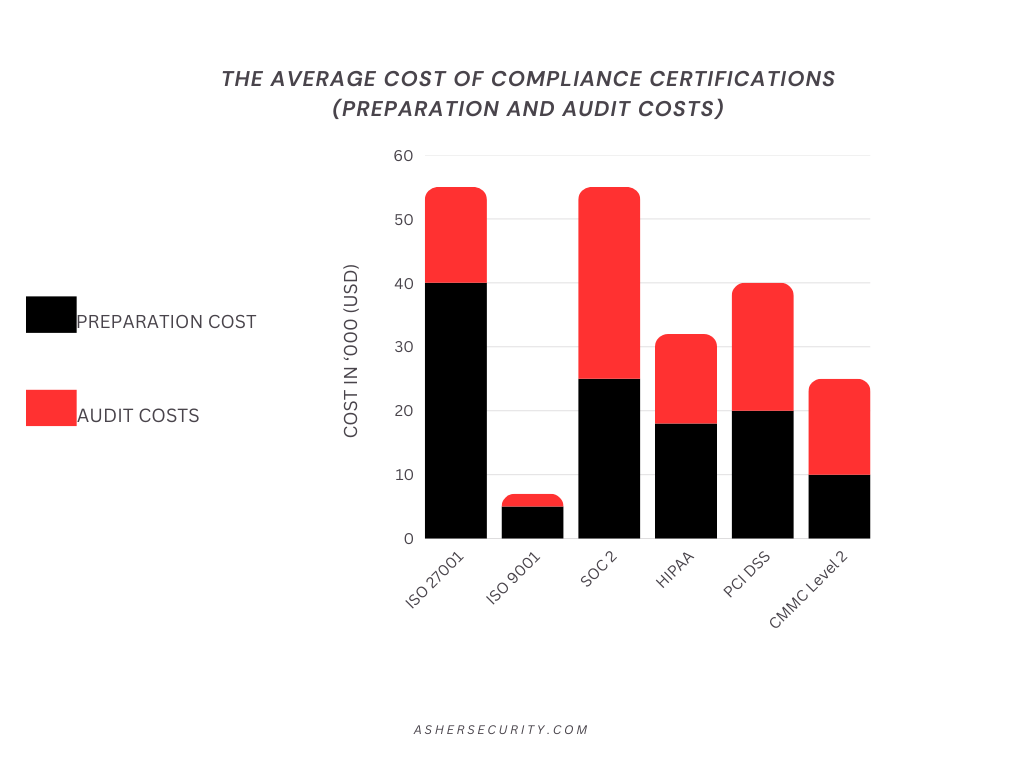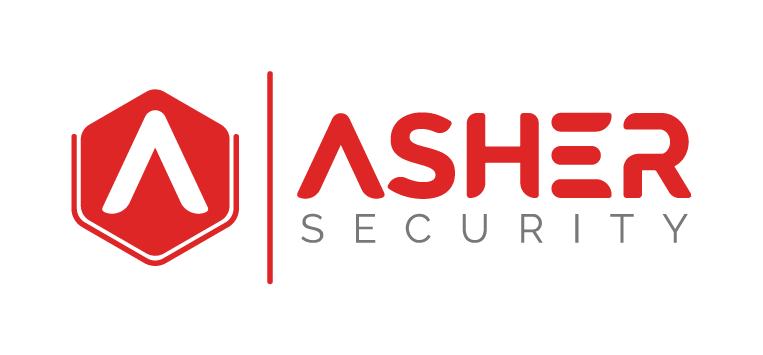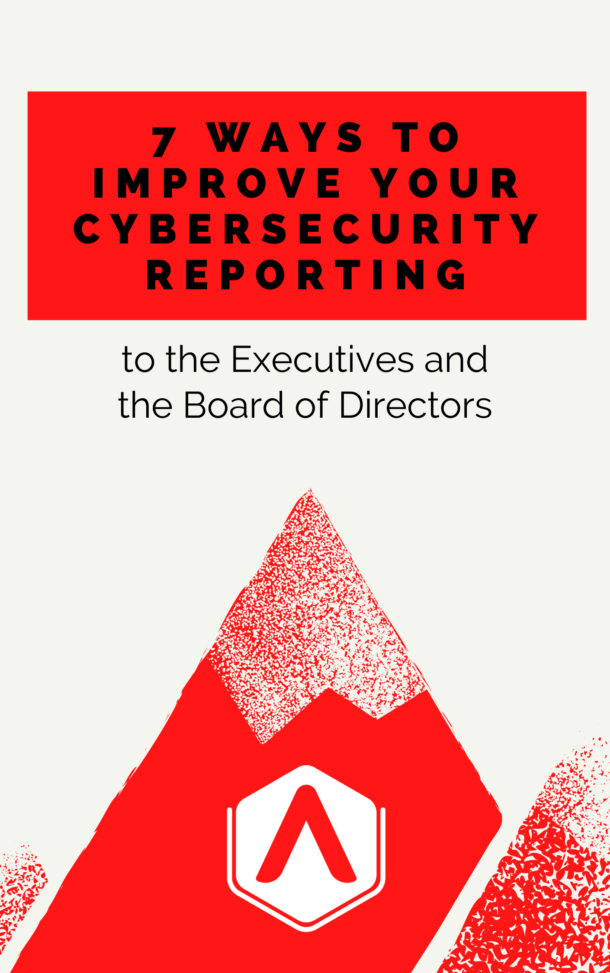The Importance of vCISO Services for Tech Startups
Virtual CISO for Tech Startups TRAINING AND SUPPORTSecure your Business Today!
A vCISO is more than just a cybersecurity expert; they are experts in networking and relationships and bring that expertise to your startup.
Here are 6 imporances of getting your tech startup vCISO services:
1. Safeguarding Your Crown Jewels
You’re a tech startup. You develop products and services that are your crown jewels. 
Your data is not just information; it’s the lifeblood of your business and a form of currency in today’s digital economy. The applications and processes you create hold immense value, and losing that intellectual property to cyber threats can be catastrophic.
Investing in a vCISO ensures that your valuable assets are protected from external hackers and internal vulnerabilities alike.
2. Protecting Intellectual Property
Fast innovation is a must for many startup firms today.

To keep up, startups often collaborate with external application development firms to get their projects up and running. With speed being the name of the game, however, this can jeopardize the mix that’s needed between the business side and the technical side of a startup.
What often happens is that both internal teams and external partners end up controlling the key code repositories in a startup. Should any kind of conflict arise, these developers might just hold your intellectual property hostage. Making sure that doesn’t happen is one of many key roles a virtual CISO can play.
3. Enhancing Cloud Security
Another key area where a vCISO can offer your business tremendous support is cloud security.
Most of our applications reside on cloud platforms like Amazon Web Services (AWS). But when an external development team sets up the main administrative account for an application, they often keep the root account—that’s the access point to the cloud and cloud application—that’s also a huge access and security risk.
If that development firm suddenly goes under or becomes unresponsive, could we gain access to our application? Could we gain access to all the data if we had to restore the application? — Vciso services can help ensure secure access to the cloud and better control over the cloud environment. This in return helps mitigate cyber threat risks.
4. Leveraging a Network of Relationships
A vCISO is particularly valuable in the tech startup world, where connecting with the right people is half the battle.

They can introduce you to other industry professionals who are invaluable to your startup’s success, whether as collaborators, consultants, or in some other capacity. They can also connect you with potential partners and resources that are necessary to help your startup grow. Their experience and connections can open doors that might otherwise stay closed.
5. vCISO Pricing
Paying for a virtual chief information security officer is a concern that startups on a shoestring budget can totally relate to. But not all vCISOs are the same, and neither are their pricing structures.
The vCISO pricing may vary. Some may offer the kind of packages that pretty much any startup can afford. And when you look inside those packages, they offer a ton of stuff that can help your young company avoid the kind of problems that could:
 get you kicked out of business
get you kicked out of business- cost a lot more than any vCISO you might hire.
Why should you invest in a Vciso?
Consider the potential returns on investment that can be realized with a secure digital infrastructure. For one, it can boost the valuation of a startup.
Investing in cybersecurity is not just a safeguard; it’s a strategic move that can yield significant returns, especially if your startup has aspirations of being acquired. In fact, The Wall Street Journal shared news on the anticipated increase in mergers and acquisitions within the cybersecurity sector in 2025. They highlighted that it would be driven by larger companies seeking to expand their service offerings and market uncertainties affecting investment.
This trend underscores the importance of robust cybersecurity practices for startups aiming for acquisition.
Potential buyers will closely examine your cybersecurity measures, and a solid investment in this area can enhance your valuation immensely. So, getting vCISO services should be a topic in question.
6. vCISO Services Are Cost Effective
A vCISO is knowledgeable when it comes to cybersecurity frameworks and compliances. This is their line of work so they invest in doing it best. However, when it comes to a start-up company, the practices may not be so obvious.
Picture this, you start marketing your technology startup; a great strategy to skyrocket your business. One possible event you’ll encounter is running into probable buyers who will have inquiries about your cybersecurity practices. If your startup is sufficiently funded and has a solid runway, you might think about obtaining certification for top-tier security compliance like SOC 2 Type 2. Achieving certification of this caliber demonstrates your commitment to security and can knock valuable time off your sales cycle. You’re more likely to close business with customers who trust that you’ve put in the work to obtain credentials like these.
Graph for Security compliance cost
Aside from it being a hassle, most startups do not achieve the compliance certifications required to work in regulated industries due to a lack of resources. The financial or resource burden of obtaining these certifications can feel overwhelming during the early stages of a startup. The average cost of a compliance certification (inclusive of preparatory expenses and the certification audit itself) can range from $40,000 to $50,000, depending on the maturity of the startup and the number of policies, procedures, and technical controls it’s using to secure its data and technical solutions.

Conclusion
Navigating cybersecurity as a tech startup without vCISO services is like leaving a kitten alone in a room full of rocking chairs—sooner or later, disaster is inevitable. A vCISO provides the expertise and strategic guidance to keep your startup’s data, intellectual property, and cloud assets safe from cyber threats. Their role goes beyond security; they help build trust with investors, clients, and potential acquirers. In an era where digital security directly impacts valuation and longevity, investing in vCISO services isn’t just a good idea—it’s essential for survival and success.
Protect the cyber security of your startup: it’s worth the investment!




Recent Comments